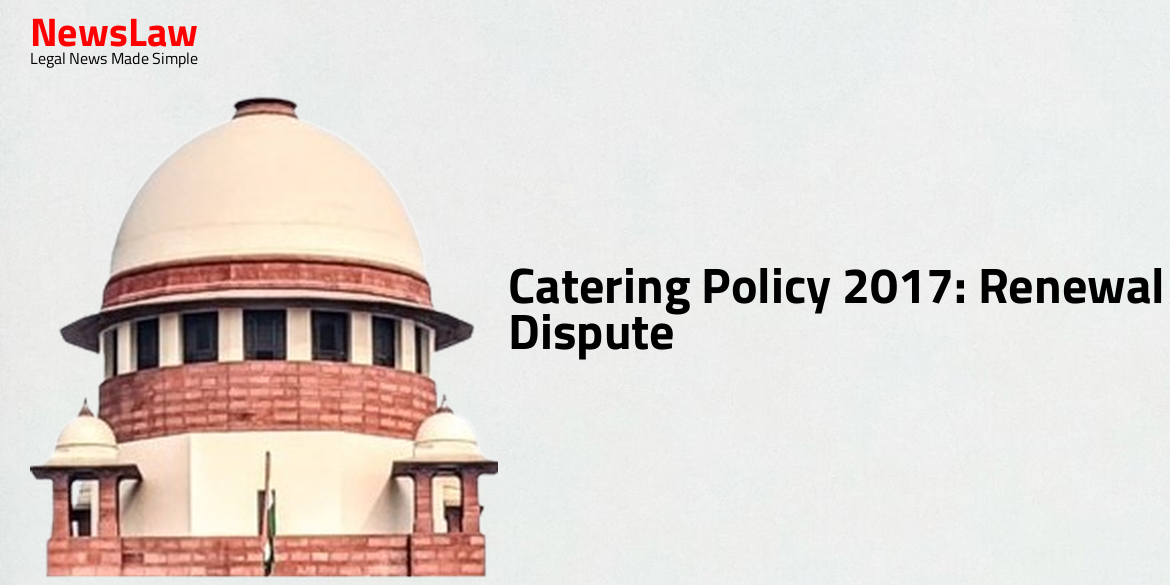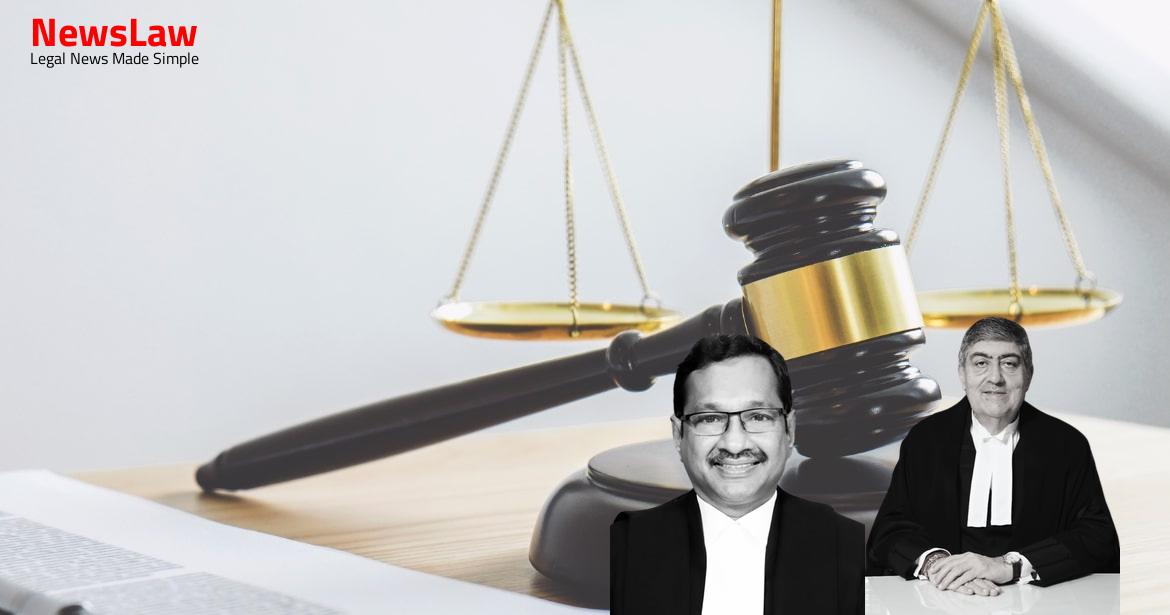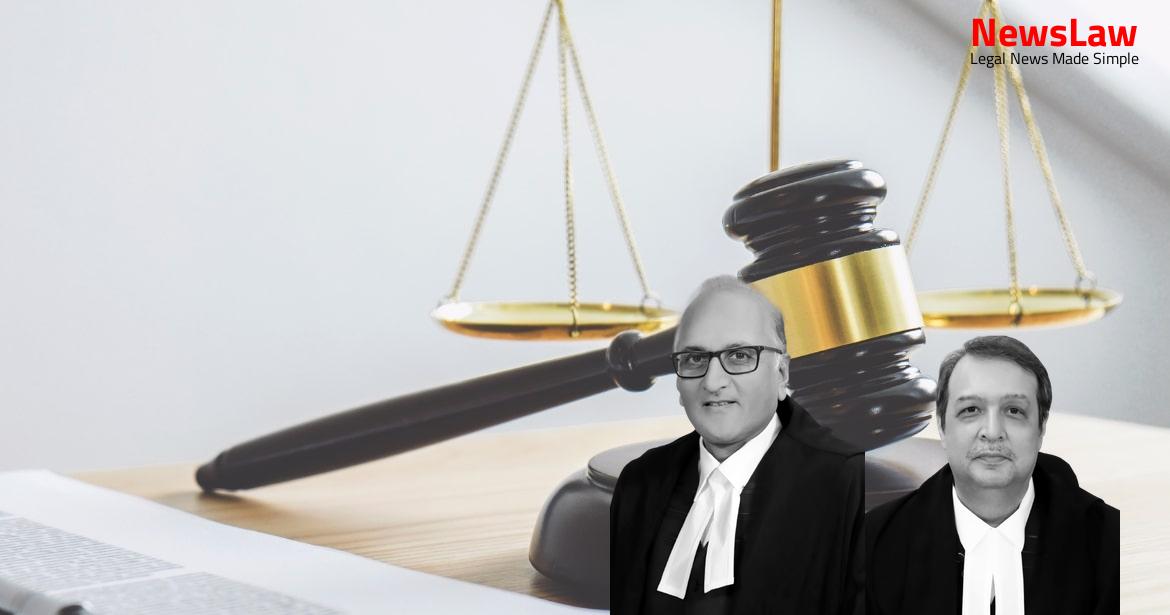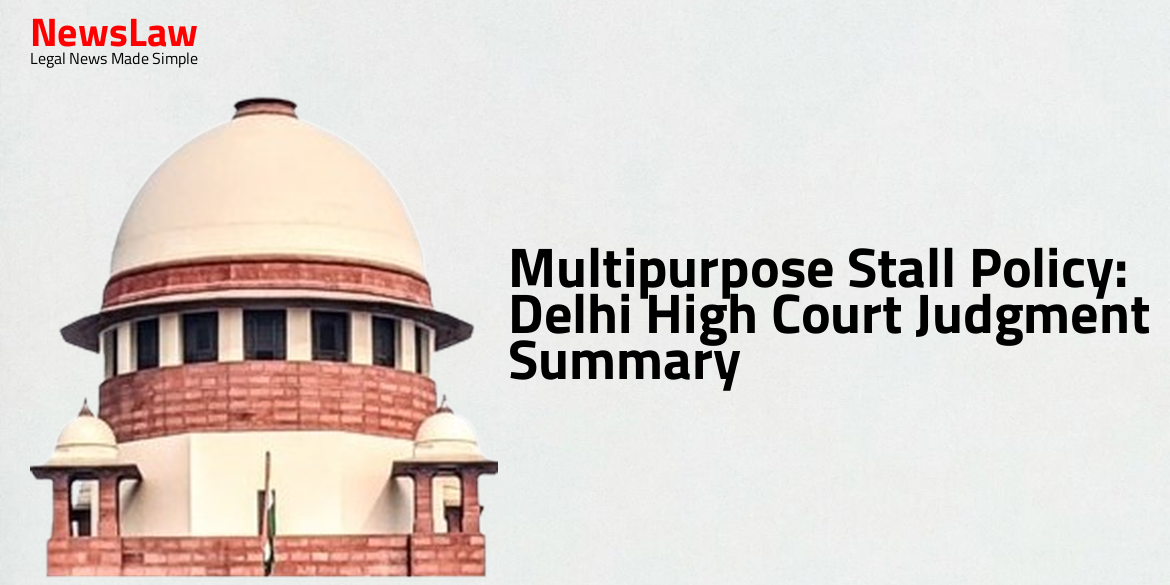The Delhi High Court recently passed a significant judgment in the case revolving around the renewal dispute related to the Catering Policy 2017. This case involves a conflict between the vendors and the railways regarding the renewal of licenses, with implications on fundamental rights. Stay informed on the latest updates from the court proceedings. #DelhiHighCourt #LegalCase #RenewalDispute
Arguments
- The petitioners contend that Clause 11 of the Catering Policy 2017 violates Articles 14, 19(1)(g), and 21 of the Constitution by depriving them of the right to renew their licenses and forcing them to compete against larger entities.
- They draw support from legal precedents such as Olga Tellis v. Bombay Municipal Corpn., Consumer Education & Research Centre v. Union of India, South Central Railways case, and Vendors Cooperative Society v. Union Of India.
- The petitioners claim that they signed the license agreement under coercion and economic duress due to the power imbalance between vendors/petitioners and the railways.
Analysis
- The licenses held by the petitioners are subject to the terms and conditions outlined in their respective licenses and Catering Policy 2017.
- The re-tendering of minor catering units aims to rectify disparities in opportunities within the same group of individuals.
- The extension of licenses for the petitioners was due to a force majeure event, the government-imposed lockdown during Covid-19.
- The petitioners participated in the tender with the full understanding that the license tenure is for 5 years without any extension or renewal.
- A license, by definition, does not create any interest in the property.
- There is no indefeasible right of renewal under the Easements Act or the mentioned policy.
- The Catering Policy 2017 ensures reservation in allotment of minor units for marginalized minorities and weaker sections of society.
- Public bodies cannot arbitrarily decline to renew licenses; decisions must have a rational purpose.
- Allegations of coercion or undue influence should be pleaded with precise details.
- Reliance on previous cases for a larger extension of tenure is deemed misplaced.
- A writ of Mandamus cannot be issued to direct the enactment of laws or framing of rules under Article 226 of the Constitution.
- The doctrine of estoppel by election is one among the species of estoppels in pais (or equitable estoppel), which is a rule of equity.
- The breach or threat to breach a fundamental, statutory, or enforceable equitable right is necessary for the issuance of a writ of Mandamus.
- The doctrine of election is based on the rule of estoppel, preventing one from approbating and reprobating.
- A person may be precluded from asserting a right through actions, conduct, or silence when duty-bound to speak.
- Contracts, whether by State or private parties, involve commercial transactions with their own terms.
- Courts interpret laws involving a creative process that considers uncertainties and events affecting contract viability.
- Policy decisions are challenged only if they infringe fundamental or statutory rights.
- Contracts between the State and entities are governed by their terms and relevant contract laws, with no profit guarantee given by the State.
- Entering into contracts through tenders is voluntary, and a party cannot blow hot and cold or approbate and reprobate.
- Tenders are invitations to offer, with participation being voluntary and resulting in contracts upon acceptance by the State.
- Individual license agreement and Catering Policy 2017 contain an arbitration clause for grievances related to extension or claiming damages.
- No merit found in the present petitions; they are dismissed.
- Petitioners granted 3 months to vacate catering units and make alternative vending arrangements.
- Transition period subject to payment of usual license fee.
- All pending applications also disposed of.
Decision
- The present petitions are deemed maintainable.
- Renewal of License 14 is mentioned.
Case Title: MAMTA KHDOTIYA Vs. UNION OF INDIA & ORS. (2024:DHC:4476)
Case Number: W.P.(C)-6417/2024



